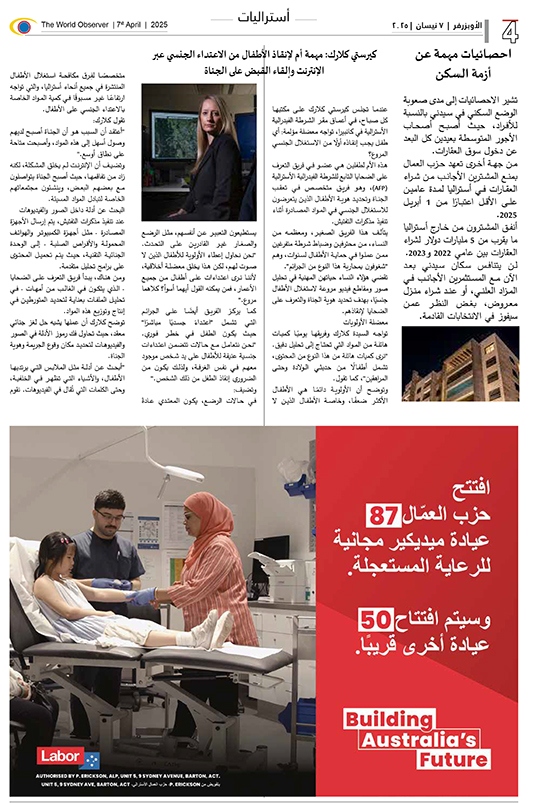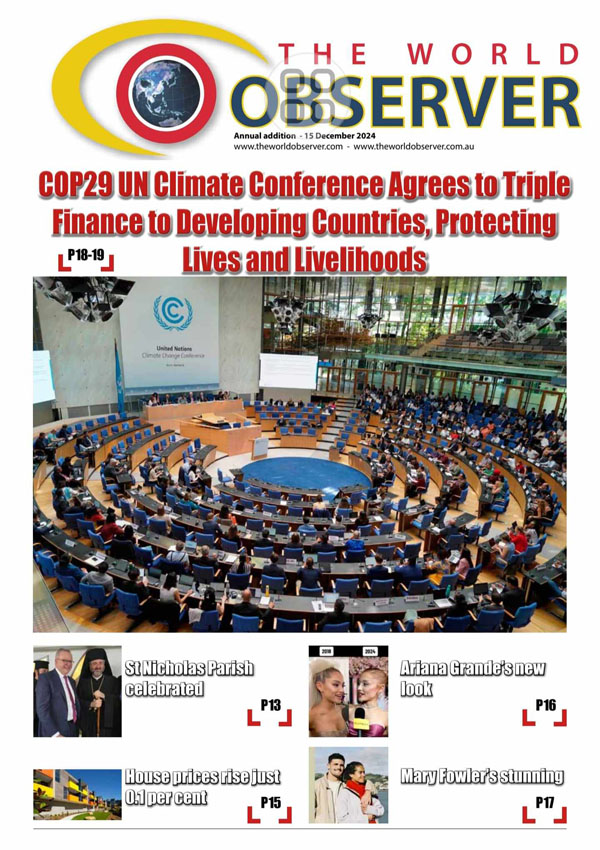
An independent review of Australia’s carbon credit market has defended the scheme while making sweeping recommendations to improve transparency and confidence in the market.
The review was carried out after the scheme’s integrity was called into question by a key architect of the framework, Andrew Macintosh, who described it as a “fraud on the environment”.
A panel of four experts led by Ian Chubb found the Australian carbon credit unit (ACCU ) scheme arrangements are essentially sound, but recommends a number of changes to “clarify governance, improve transparency … and enhance confidence in the integrity and effectiveness of the scheme”.
The panel concluded that the ACCU scheme incorporates mechanisms for regular review and improvement.
The report released on Monday, comes after six months of review, and disputes the claims that the level of abatement had been overstated.
Professor Macintosh’s research published in 2022 found up to 80 per cent of the units do not represent new or real cuts and major emission reduction methods are flawed in design or the way they are administered.
Carbon credits are used by companies to offset greenhouse gas emissions.
“The panel does not share this view,” the report said.
“While the panel was provided with some evidence supporting that position, it was also provided with evidence to the contrary,” it said.
It found confidence in the scheme had been undermined in part because of a lack of transparency around different stages of the scheme’s administration.
The report recommends greater transparency and separation around the roles of the regulator and how the scheme works.
“The respective roles of scheme assurer, scheme regulator and related policy development should be clear, undertaken by visibly separate bodies,” the report said.
The panel concluded the scheme was well designed when introduced, but can be improved after 11 years of operation.
Prof Macintosh whose criticism triggered the review said he’s disappointed by the findings and questioned how the panel reached their conclusions.
“I’m questioning the veracity of the findings and their analysis, and I’m really questioning the absence of any evidence,” he told AAP.
He said the report is a contradiction because the review concludes the system is sound while making recommendations for its improvement.
Among the recommendations is that a new body be set up so that integrity in the methodology is assured.
“Despite the fact they’ve said there’s no problems with the projects and credits, they’re recommending sweeping governance reforms,” Prof Macintosh said.
The Albanese government said it’s accepted all 16 recommendations in principle.
They include the government helping to improve transparency and clearly identifying the roles around the scheme’s administration and integrity.
“The panel’s recommendations will help ensure Australia’s carbon crediting scheme has the highest integrity, and contributes to achieving Australia’s emission targets,” Climate Change and Energy Minister Chris Bowen said.
The report also recommends more support be given to regional communities and First Nations peoples to participate, and the removal of unnecessary restrictions on data sharing.






































 The World Observer Media produces a daily online newspaper, a daily Arabic online newspaper and a monthly printed Arabic/English magazine and a weekly printed Arabic/English newspaper.
The World Observer Media’s mission is to entertain and educate all generation from the Ethnic Communities in Australia, who are interested in local, national and foreign information.
The World Observer Media produces a daily online newspaper, a daily Arabic online newspaper and a monthly printed Arabic/English magazine and a weekly printed Arabic/English newspaper.
The World Observer Media’s mission is to entertain and educate all generation from the Ethnic Communities in Australia, who are interested in local, national and foreign information. 


